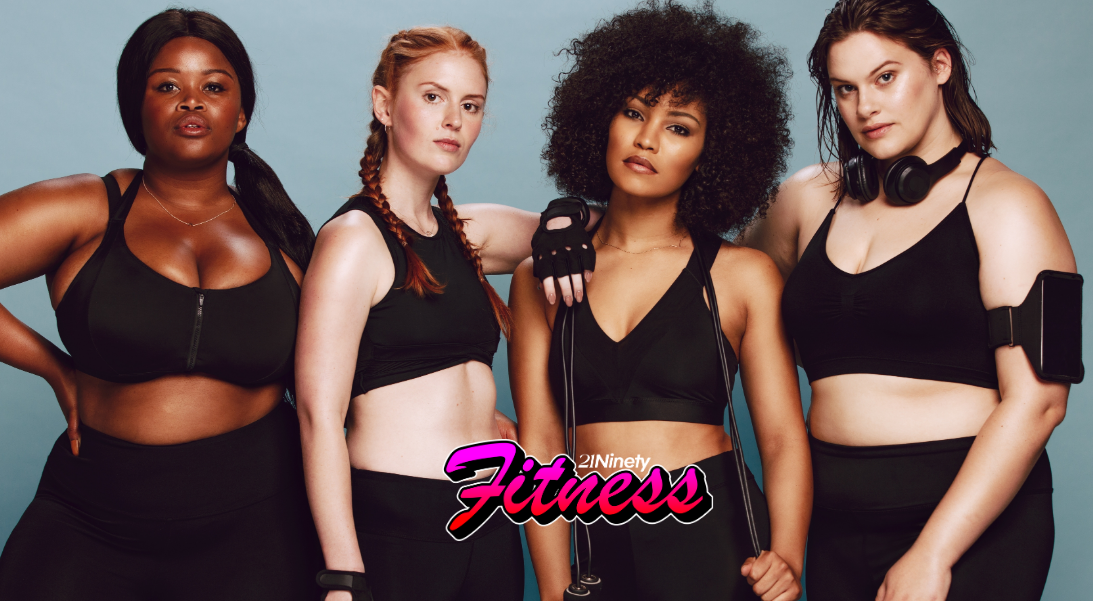The world of fitness is extensive. It can be hard to keep up with all of the rules and tips, especially if you’re someone with any semblance of gym anxiety. It can seem like everyone knows what they’re doing, while you’re just trying to perfect your squat and eat enough protein.
As more self-proclaimed fitness gurus build online platforms to share their sentiments, it can feel like some fitness advice contradicts others. With that, here are a few major fitness myths that have gained steam, and why they actually may not be true.
Using Heavy Weights as a Woman Will Make You Bulky
Many women fear incorporating weights into their routine because they assume that they’ll look like bodybuilders. This stems from a misunderstanding of how muscle growth works. Women typically have lower testosterone levels than men, making it much harder to gain significant muscle mass. Lifting heavy weights can actually help women achieve a lean, toned appearance by building strength and boosting metabolism, leading to fat loss rather than bulk.
Your Weight on the Scale Not Going Down Means You’re Not Losing Weight
This couldn’t be further from the truth. Remember, muscle weighs more than fat. Weight fluctuations are normal and can be influenced by factors, like water retention and hormonal changes. A scale only measures total body weight and not fat loss specifically. It’s better to track progress through measurements, how your clothes fit or progress photos to get a more accurate picture of your health journey.
The Longer You Do Cardio, the More Weight You’ll Lose
There’s no need to stay on that treadmill for hours on end. While cardio can certainly contribute to weight loss, excessively long sessions can lead to muscle loss and metabolic slowdown. Additionally, prolonged cardio may increase hunger and lead to overeating. A balanced approach that includes strength training and a variety of workouts is more effective for sustainable weight loss.
As Long as You Work Out, You Can Eat Whatever You Want
While exercise is important for overall health, it doesn’t mean you get to maintain unhealthy eating habits. Weight loss and maintenance depend significantly on a balanced diet. Even with regular workouts, consuming more calories than you burn can hinder your progress and affect your health negatively.
Resting Too Long Will Undo Your Progress
On the contrary, resting is crucial for seeing your progress. It’s an essential part of any fitness regimen and allows the body to recover and rebuild muscle. Overtraining can lead to fatigue, injury and burnout. Taking adequate rest days can actually enhance performance and progress, ensuring that workouts remain effective and sustainable over time.
You Shouldn’t Exercise on Your Period
This myth is based on outdated beliefs about menstruation and physical activity. In reality, many women find that exercising during their period can help alleviate cramps, improve mood and boost energy levels. Light to moderate exercise, such as walking, yoga or swimming, can be beneficial and is generally safe. It’s important to listen to your body and do what feels right for you, as everyone’s experience with their cycle is different.
